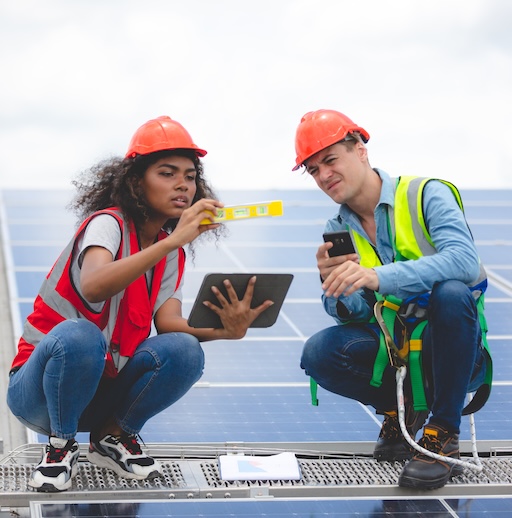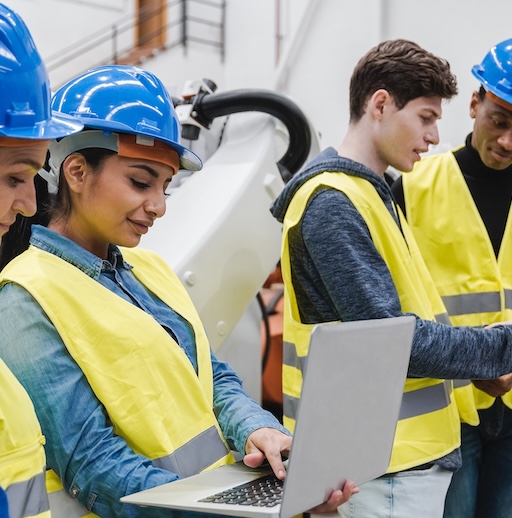
In episode 311 of Workplace Innovator, host Mike Petrusky speaks with Maud Santamaria, Global Workplace and Corporate Real Estate Director at GWI. They cover The Unworking Conference by WORKTECH and share some lessons learned on workplace experience, including how facility managers must be masters of all trades — from well-being and sustainability to real estate and culture. From there, they look at executive influence and the ways individual energy and attitude can set the tone for teams.
Agenda
- Current trends and challenges in the workplace
- Importance of well-being and sustainability
- Role of data in understanding workplace dynamics
What you need to know: Workplace takeaways
Takeaway 1: The role of the workplace leader has shifted from managing buildings to creating hybrid policies
Workplace leaders must be more involved in formulating strategies and making decisions regarding flexible work arrangements. And they need to be willing to learn.
“We are still figuring it out. And I think it’s important also to say we are still figuring it out. I think it’s very much like a journey that we all are on. We can’t know if it’s going to work. And if you fail, good, then try again. Try something else,” explains Santamaria.
Along with new processes, people can also use new definitions of success.
“Look at your job. Don’t look just at your own productivity because maybe your productivity is at the peak when you’re working from home, but your team productivity is at the peak when you work together on those days.”
Takeaway 2: Data is key to measuring and improving workplace experience
There’s more than one kind of data, and they have multiple sources. Human resources, the information technology department, and facility management can all help workplace leaders make informed decisions.
But teams must work to create meaning from the data, explains Santamaria.
“Don’t just bring me data. … I love the data. I love seeing how many people are in and using the meeting room. Can you tell me why [employees are using it]?”
Santamaria further explains: “And then from an FM perspective, you will still have your compliance data, key, access control desk booking data, meeting room booking data. If you are blessed with sensors, then censor data, to see if you really are occupying the meeting room, as it should be, and all of that, you must combine it.”
Takeaway 3: Curiosity and networking are crucial for workplace leaders
Leaders must remain curious and open to learning. They also need to invest in developing professional relationships through networking.
“You must be the master of all trades,” says Santamaria. “You have to know well-being and sustainability and real estate and culture.”
But you don’t have to know it all perfectly. “It could sound like it’s a lot. You don’t have to know it all. You just must be curious enough to know who you’re going to contact,” she says.
That’s why building industry connections is so important, she says, adding: “[Be] curious, which leads often to networking and connection. I think that’s probably the best advice.”
Workplace management insights
- The modern workplace requires a broad understanding of various fields such as well-being, sustainability, real estate, and culture.
- Data plays a crucial role in understanding the dynamics and needs of the workplace. It helps leaders make informed decisions and strategies.
- The role of workplace leaders has evolved from managing the physical aspects of the office to contributing to the hybrid work policy.
- Staying curious and networking are important for staying up to date on the latest trends and practices in the workplace.
Listen to the full podcast here.
Go deeper. Dive into more episodes of Eptura’s Workplace Innovator podcast.








